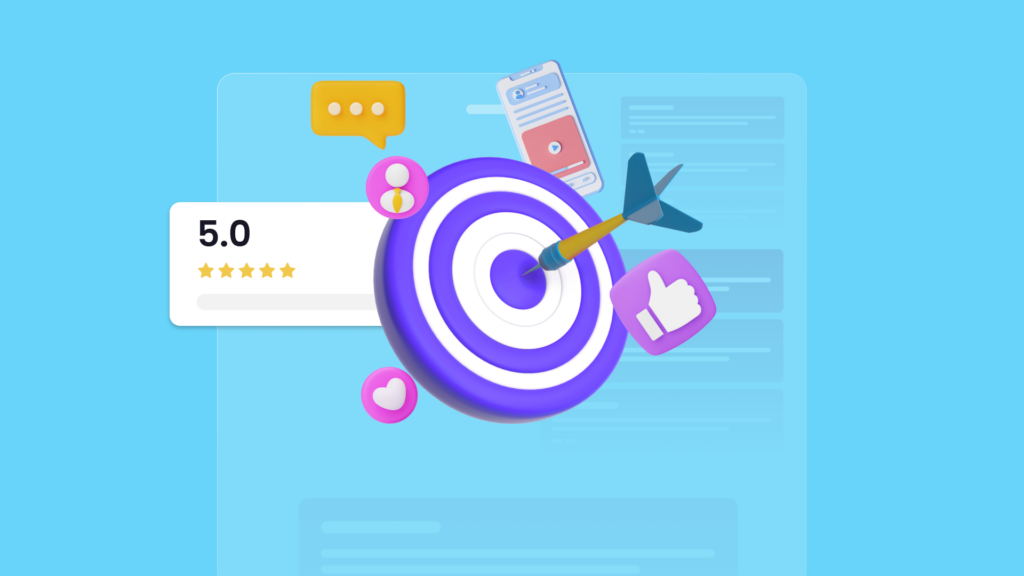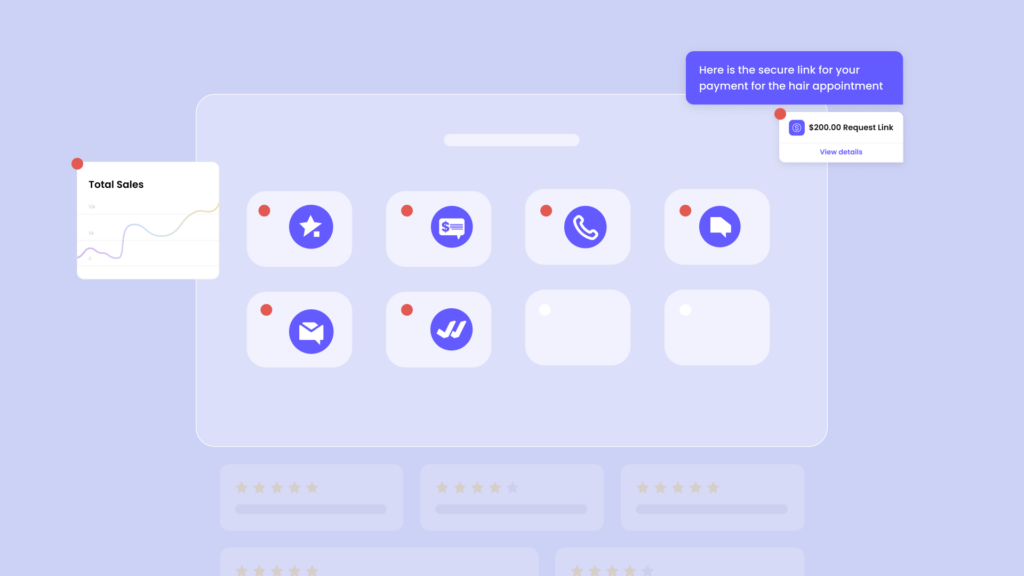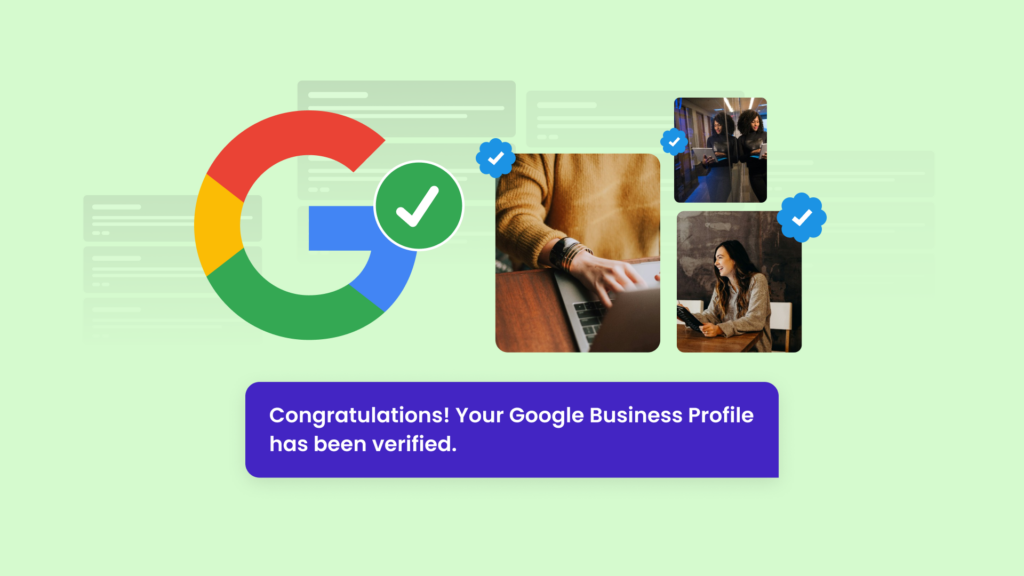Search engine optimisation (SEO) plays a critical role in the success of any online business, especially local businesses. And local SEO is the art of optimising a business’s online presence to attract more customers from nearby areas. Local businesses can increase their visibility, attract more customers, and ultimately grow their revenue by using SEO to improve local search result rankings.
But with so many factors to consider, attempting to improve your local SEO alone can feel overwhelming. That’s why in this article, we will provide some top SEO tips for small businesses to rank higher in local searches. From keyword research to on-page optimisation, we’ll cover everything you need to know to improve your local SEO game.
So whether you’re a small business owner, a marketer, or an SEO enthusiast, this article will give you actionable tips and strategies to help your local business stand out online and attract more customers from your local community.
Keyword research
The top SEO tip for small businesses is keyword research. It is the foundation of any successful SEO strategy, and for your local business, it’s crucial to identify relevant keywords that target your local audience.
Identifying relevant keywords
The best place to start is by brainstorming a list of potential keywords that your target audience might use to find your business, such as your town, ‘your service’ near me, ‘your service’ in ‘your town’, etc. You can also use keyword research tools such as Google Keyword Planner, which is free to use when you sign into Google, or paid tools such as SEMrush and Ahrefs to find relevant keywords for your business. Ahrefs does have a free keyword generator that you can use that returns 100 keyword ideas, the top 10 of which also show their keyword density score.
Targeting long-tail keywords
Long-tail keywords are phrases containing three or more words and are more specific than broad keywords, e.g., ‘need a plumber to fix a leak’. They are generally less competitive than single-word keywords and have a higher chance of conversion because they target customers who are closer to making a purchase decision. For a local business like yours, targeting long-tail keywords can be beneficial as they can also help you rank higher in local search results.
Using location-based keywords
These keywords target customers who are searching for products or services in a specific location, e.g., ‘plumber in South East London’. Including your location in your keywords will help Google understand the location of your business, making it easier for them to rank your business in local search results. You can include your location in your keywords in various ways, such as using city or county, postcodes, or neighbourhood names, e.g., Chelsea and Kensington rather than just London.
Google Business Profile optimisation
Google Business Profile, the new name for Google My Business, is free to create and maintain and helps you manage your online presence across Google Search and Maps. By claiming and verifying your business on Google Business Profile and optimising the profile with accurate information, you can significantly improve your visibility in local search results, increase your chances of getting more customers, and improve your online reputation.
Claiming and verifying your business
The first step to optimising your Google Business Profile is to claim and verify your business. Claiming your business is a straightforward process that requires you to sign in to your Google account, search for your business, and claim it. Once claimed, you must verify your business by mail, phone, or email. Verifying your business is essential because it lets Google know that you are the owner of your business.
Optimising your profile
Once your business is claimed and verified, the next step is to optimise your profile with accurate information, including your business name, address, phone number, website address, hours of operation, business description, and photos. Providing accurate information will help Google understand your business better and improve your chances of ranking higher in local search results. It’s also important to ensure all the information you provide is consistent across all your online channels, such as your website, social media, etc.
Encouraging customers to leave reviews
Reviews are crucial for improving your online reputation and attracting more customers to your business. Positive reviews can help you rank higher in local search results and influence potential customers’ purchasing decisions. You should encourage your customers to leave reviews, but you should also make sure to respond to all the reviews you receive, both positive and negative because it shows that you care about your customers and are committed to providing excellent service.
On-page optimisation
On-page optimisation refers to the process of optimising individual pages on your website to improve their visibility in search results and attract more traffic.
Optimising website content with relevant keywords
Using the relevant keywords you discovered in step one in your website content is one of the most critical aspects of on-page optimisation because it helps search engines understand what your website is about and match it with relevant search queries. You should include your primary keywords in the title tag, Meta description, header tags, and body copy of your website pages. However, make sure you avoid keyword stuffing, the practice of attempting to manipulate search engine rankings by adding relevant keywords at the bottom of your website or overusing them in the text because this results in a poor user experience and can lead to penalties from search engines which will harm your website’s ranking. To help your content read naturally and provide an opportunity to engage and educate potential customers, you should attempt to add keywords organically.
Using local schema mark-up
This code tells search engines about your business name, address, phone number, hours of operation, and other relevant information to help them better understand your website content. Adding local schema mark-up to your website can improve your chances of ranking higher in local search results and attracting more local customers.
Optimising title tags, Meta descriptions, and header tags
You need to include your primary keywords in the title tag and Meta description, as they are the first elements that users see in search results, and you should also use header tags (H1, H2, H3) to structure your content, making it more readable for users and search engines, and improving your website’s visibility in search results.
Local link building
Link building can significantly improve your website’s authority and ranking in local search results.
Backlinks
Acquiring high-quality backlinks is one of the most effective ways to improve any website’s online profile. For your local business, you can try and obtain backlinks from local websites, including news websites, blogs, and other relevant websites in your area, by creating high-quality content that provides value to your target audience, participating in local events, and building relationships with local influencers and businesses.
Local business directories
Adding your details or advertising on local online business directories can help you acquire high-quality backlinks and improve your visibility in local search results. But, you should choose reputable and relevant local business directories that cater to your target audience and provide accurate and consistent information about your business.
Local content
Creating local content, such as blog posts about local events and local guides, and publishing local news and stories that provide value to your target audience and address their needs can attract high-quality backlinks from local websites and improve your website authority and visibility.
Social media optimisation
Did you know you can improve your website’s visibility and attract more traffic when you engage with your target audience on your social media platforms?
Optimise your profiles
You should choose social media platforms that cater to your target audience and optimise your profiles to improve your online visibility and attract more local customers. Fully optimised profiles should have the same information across all platforms. Ideally, you should use your logo as the profile picture, but if you don’t have a logo, you could always use an image of your business. There should also be striking banner images, where appropriate, and all images and graphics should be high quality. Take time to create your ‘bio’, which should describe what you do and include relevant primary keywords and your location. To further optimise your profile, you should provide accurate information about your business, including your name, address, phone number, hours of operation, and website URL.
Engage with local customers
The clue is in the name, and you can’t be social without engaging with potential customers, which helps you build relationships, improve your brand awareness, and attract more traffic to your website. You can post high-quality content to promote your business, share local news and events, and offer exclusive deals and promotions to your followers, but you also need to respond to all customer queries and comments to keep engagement levels high.
Share local content
The content you created for link-building purposes, such as blog posts and local news stories, can be shared on your social media platforms to attract more local customers and improve your website’s authority and visibility in local search results. You can also encourage your followers to share it with their friends and family to widen your reach.
Mobile optimisation
With more people using mobile devices such as smartphones and tablets to search for local businesses, mobile optimisation is crucial to improve your local SEO and online visibility and attract more local customers to your business. However, there is a crossover between this and on-page optimisation, especially with local keywords, phrases and local schema mark-up.
Mobile-friendly website
You can check whether your website is mobile-friendly with Google’s Mobile-Friendly Test tool. To improve your website’s mobile friendliness, it should ideally have a responsive design which automatically adapts to different screen sizes and resolutions. Additionally, using large fonts, clear navigation, and high-quality images can also make it more accessible to mobile users.
Provide a seamless mobile user experience
Make sure your website pages load quickly, and the layout is easy to navigate on a small screen. You should optimise your website’s images and videos for mobile devices, so also they load quickly and look great on smaller screens. And using click-to-call buttons and online booking forms make it easy for mobile users to contact and interact with your business.
Frequently Asked Questions about SEO tips for small businesses
How can a small business improve SEO?
The best thing to do is focus on key SEO strategies which starts by optimising your website’s structure and consistently creating valuable content that aligns with relevant keywords your potential customers are likely to search for. Other key strategies include building authoritative backlinks from reputable websites to boost search engine rankings and staying updated on SEO trends are key.
What is an ideal SEO checklist?
- Always start with keyword research
- Integrate keywords into meta tags, titles and content
- Optimise your website for mobile
- Improve website’s speed to reduce bounce rates
- Build authoritative backlinks to improve credibility
- Analytical monitoring of your website’s performance to make data-driven improvements
Is SEO worth it for small businesses?
Absolutely, yes! Whether you’re a small or large business, SEO can help drive visibility, attract targeted traffic, improve credibility and conversions, all of which aid sustained growth over time. But, there is no magic bullet or overnight miracle, it will take time and patience to see results.
What are the golden rules of SEO?
The golden rules are:
- High quality content
- Creating a seamless user experience
- Technical optimisation for desktop and mobile
- Authoritative backlinks
What should be avoided in SEO?
Steer clear of:
- Keyword stuffing
- Duplicating content which will confuse search engines and website visitors
- Being tempted to use low-quality link-building schemes which will harm your credibility
- Ignoring mobile optimization
Key takeaway
A comprehensive SEO strategy is essential for local businesses looking to improve their online presence, attract more customers, and ultimately grow their business. Effective SEO tips include:
- Performing keyword research to improve local SEO by identifying relevant keywords for your local business, targeting long-tail keywords, and using location-based keywords.
- Optimising Google Business Profile, on-page and mobile website content, and social media profiles can help increase online visibility and attract more customers to your business.
- Link building with high-quality local websites and business directories and creating local content can also help improve your website’s online authority.
So, if you’re a local business owner, don’t overlook the power of SEO. Implement these tips today, and watch your business grow!
About Magic
Magic helps local businesses grow. Thousands of local businesses use Magic to get more online reviews, win new customers, easily manage customer conversations and grow sales. Magic offers these features:
- Reviews: Get more reviews with automatic review requests for popular review sites like Google, Facebook, Yelp, TrustPilot, and more. Rank high on local search and enhance your visibility on Google.
- Inbox: Keep track of customer conversations across channels in one inbox, including SMS, Facebook, Instagram, and Gmail. Manage conversations better as a team and do more with industry specific templates.
- Text Marketing: Drive more sales with instant text campaigns and reach your customers at the right moment with automation. Use prebuilt templates to send out text campaigns in minutes.
- Webchat: Turn website visitors into customers with SMS powered Webchat. Chat to website visitors directly through SMS so you won’t miss a lead, even when they leave your website.
Looking to grow your local business? Book in a demo call now. Follow us on Instagram and Facebook



